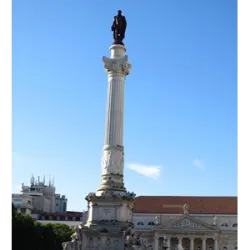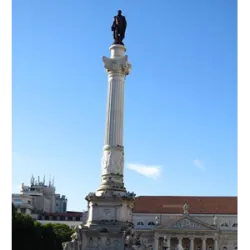Easter and the Meaning of Passage

The word “Easter” comes from the Hebrew Pesach, which means “passage.” In the context of the Old Testament, this passage represents the liberation of the Israelites from slavery in Egypt, as recounted in the book of Exodus. With God’s guidance, the Hebrew people crossed the Red Sea toward the Promised Land, marking the beginning of a new journey of freedom and faith. This crossing became known as the “passage” from the old captivity to a new life under divine protection.
In Christianity, this same term takes on an even deeper dimension. Easter comes to symbolize the passage of Jesus Christ from death to life, with his resurrection on the third day after the crucifixion. For Christians, this victory of Jesus also represents the possibility of a new passage for all who believe: from spiritual death to eternal life with God.
Thus, Easter, in its two traditions, is united by a single thread: the movement from suffering to liberation, from darkness to light, from death to life. Whether in ancient Egypt or before the empty tomb, the message is clear: faith leads to freedom and the hope of a new beginning.
Did you know?












